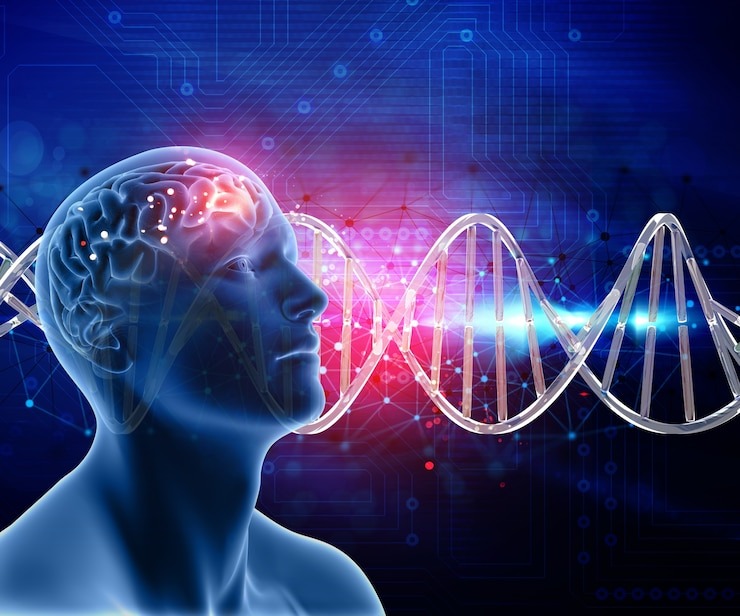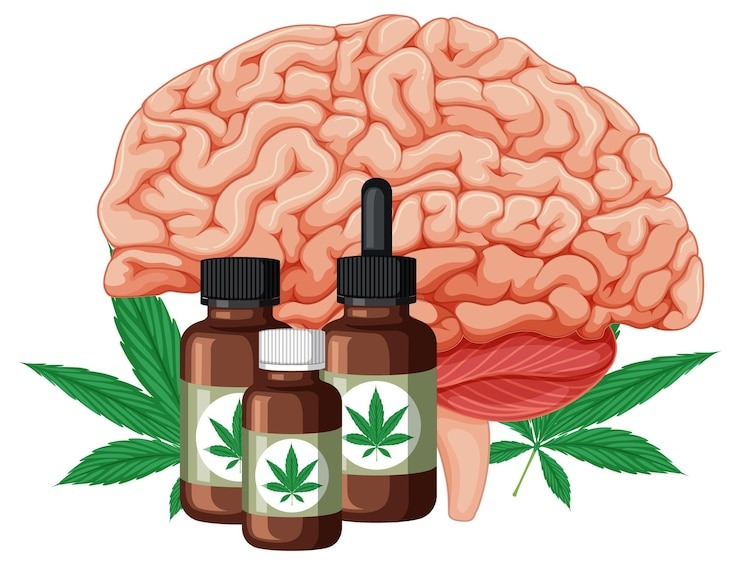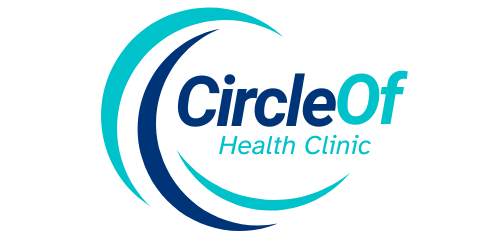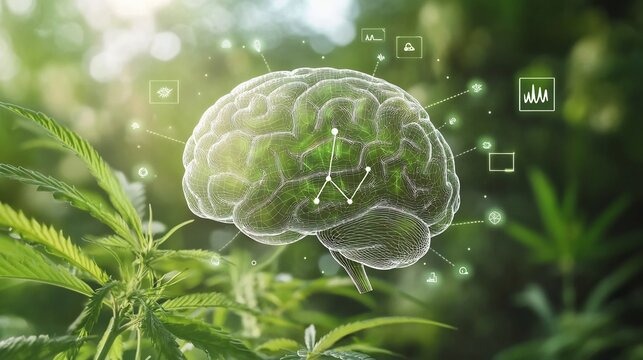Understanding how THC interacts with the brain isn’t just for scientists or medical professionals. As cannabis use becomes more common for both recreational and medicinal purposes, many people wonder how this compound affects their cognitive function.
This guide provides a clear, evidence-based explanation of what happens in the brain when THC enters your system.
Key Highlights
- THC binds to specific receptors in the brain, altering normal communication between neurons.
- Memory, attention, and decision-making are the most affected cognitive areas.
- Effects vary depending on dose, frequency of use, and individual brain chemistry.
- Short-term THC use impairs working memory and processing speed.
- Long-term heavy use may change brain structure linked to learning and emotion.
- Methods of consumption, like using a percolator bong, can influence the intensity of effects.

How THC Interacts With Your Brain’s Chemistry
THC, or tetrahydrocannabinol, is the main psychoactive ingredient in cannabis. When you consume cannabis, THC travels through your bloodstream to your brain, where it binds to cannabinoid receptors—primarily CB1 receptors. These receptors are part of the endocannabinoid system, which helps regulate mood, memory, appetite, and pain.
Imagine the endocannabinoid system as a network of locks (receptors) and keys (naturally produced cannabinoids). THC acts like a master key that fits these locks, but it opens them in unusual ways. This binding disrupts normal signaling and leads to the characteristic “high” as well as changes in perception, coordination, and memory.
Brain imaging studies show that THC affects several regions at once, including:
- The hippocampus, involved in forming new memories.
- The prefrontal cortex, responsible for decision-making and focus.
- The cerebellum, key to balance and motor control.
Memory, Focus, and Attention Under THC Influence
One of the most noticeable effects of THC is on short-term memory. Research suggests that THC makes it harder for the brain to form new memories or retrieve recent information. That’s why people under the influence often find it difficult to follow conversations or remember where they put things moments ago.
Attention span is another area impacted by THC. Studies have demonstrated that users may struggle with tasks requiring sustained mental effort or quick reactions. This is why activities like driving are strongly discouraged during intoxication.
Consumption method can also affect these outcomes. For example, people who prefer smoother, cooler smoke might opt for a percolator bong. This type of bong filters and cools the smoke through water, which can make inhalation more comfortable. However, it’s important to note that the cooling effect doesn’t reduce THC’s potency, so cognitive impairment risks remain the same.
The Role of Dose and Frequency
Not everyone experiences THC’s cognitive effects in the same way. The dose you consume, and how often you consume it, make a significant difference.
- Low doses may lead to mild euphoria, relaxation, and slight memory lapses.
- High doses often cause confusion, paranoia, or significant short-term memory disruption.
- Occasional use tends to have fewer lasting cognitive effects in healthy adults.
- Chronic heavy use may alter brain structure, particularly in adolescents whose brains are still developing.
Neuroimaging has shown that frequent THC users sometimes display changes in the volume of the hippocampus and amygdala—areas involved in learning and emotional regulation. These changes are subtle in most adults but may be more pronounced in teens and young adults.
Emotional and Behavioral Changes
THC doesn’t just impact memory and focus—it can also affect mood and behavior. Many users report feeling relaxed, happy, or even creatively inspired at lower doses. Yet, higher doses or sensitive individuals may experience anxiety, panic, or distorted perceptions of time and space.
These mood changes stem from THC’s action on the brain’s limbic system, the group of structures that process emotions. In some cases, THC can overstimulate this network, leading to emotional swings or uncomfortable psychological states.
Can THC Have Lasting Cognitive Effects?
This is one of the most common concerns, especially among parents, educators, and healthcare providers. The research offers a nuanced picture.
- In adults who use cannabis occasionally, cognitive impairments usually resolve within days of stopping use.
- In adolescents and heavy long-term users, some studies suggest small but measurable declines in memory, attention, and executive function that may persist even after quitting.
Importantly, more research is needed to fully understand which effects are reversible and which might represent permanent changes.
How Methods of Consumption Influence Brain Effects
You might wonder if how you consume cannabis changes its impact on your brain. The answer is yes—to a degree.
- Smoking or vaping delivers THC rapidly to the bloodstream, producing near-immediate effects that peak within minutes.
- Edibles produce a slower, longer-lasting high because THC is processed by the liver before entering the bloodstream.
Devices like percolator bongs can make inhalation smoother but don’t change how THC interacts with brain receptors. Some people mistakenly believe that water filtration removes harmful substances or lowers THC potency, but while it may filter out some particulates, the psychoactive effects remain.

THC and Brain Plasticity: What the Research Shows
Another fascinating area of study is THC’s effect on brain plasticity—the brain’s ability to form new connections and reorganize itself. Brain plasticity is essential for learning, adapting to new situations, and recovering from injury.
Some animal studies suggest that THC may temporarily reduce synaptic plasticity, especially in the hippocampus. This could explain the short-term learning and memory difficulties seen during intoxication. However, human research is still catching up.
Early findings indicate that while heavy, long-term THC use might slightly dampen plasticity in certain regions, moderate or occasional use has minimal lasting impact.
Scientists are actively exploring whether cannabis compounds other than THC (like CBD) might offset or protect against these effects, opening new possibilities for medical use without cognitive trade-offs.
Final Thoughts
THC’s effects on the brain are complex, involving multiple regions and functions. Most short-term cognitive effects are temporary, but frequency and age of use play a critical role in determining long-term outcomes. Anyone considering cannabis use, whether for recreational or medicinal reasons, should weigh these factors carefully—especially younger individuals whose brains are still maturing.
If you use cannabis or are considering it, understanding how THC shapes brain function is essential to making informed, responsible choices. As always, moderation and awareness are key to minimizing cognitive risks while still enjoying the potential benefits of cannabis.

